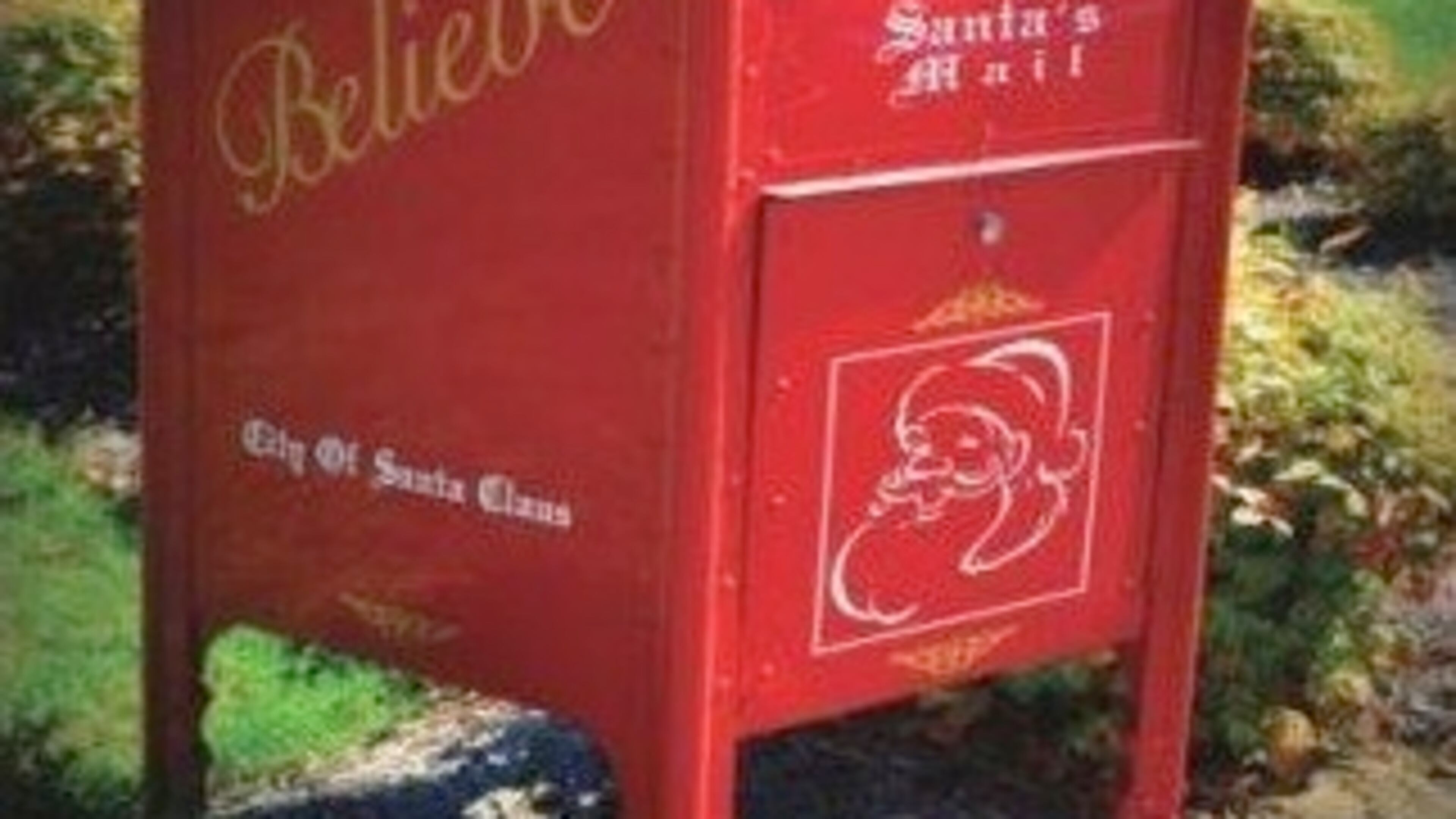Town decks its halls year round

Q: It seems like the city of Santa Claus in Indiana gets a lot of publicity this time of year, but isn’t there a town called Santa Claus in Georgia? I seem to remember one.
A: Yes, Georgia, there is a Santa Claus.
But you might need Rudolph and his reindeer crew to lead the way to the small town tucked away on U.S. 1 in Toombs County, just southeast of Vidalia.
Santa Claus is fully committed to the most wonderful time of the year.
The red and white stop signs are shaped like candy canes and seasonal street names, such as Noel, Sleigh and Dancer, make it feel like a winter wonderland 24/7/365.
City Hall is at 25 December Drive.
“What’s so funny, people joke, when we put Christmas lights up (on the houses), they’re like, why do you just put them up in December when you could leave them up all year round, because it’s a Christmas town,” said Amanda Lawler, who has lived in Santa Claus for eight years and works for the Toombs County Chamber of Commerce.
This Santa Claus hasn’t been around as long as its namesake.
A local pecan farmer, according to The New Georgia Encyclopedia, wanted to lure potential customers to the area. So he hung a jolly name on the town, which was incorporated in 1941.
About 200-250 folks live there, Lawler said.
You can put your Christmas cards in a red mailbox, where they will receive a red Santa Claus stamp before they’re sent on their way. More than 1,800 had been stamped by Thursday.
And to increase Santa Claus’ festive look, everybody sets out luminaries on Christmas Eve.
“People come on Christmas Eve,” she said. “The streets are busy with everybody looking at Christmas lights. It’s a little town of Christmas lights.”
Q: Do they know what caused the Winecoff Hotel fire? I moved here in 1946 and I remember it very well.
—Vadis Brewster, Lithonia
A: Nobody knows for sure what caused the fire that killed 119 people on Dec. 7, 1946.
A burning cigarette left on a mattress was thought to be the source, but that “hadn’t held up through the years,” Allen B. Goodwin said.
Goodwin and Sam Heys, the authors of “The Winecoff Fire: The Untold Story of America’s Deadliest Hotel Fire,” point to a man named Roy McCullough, a career criminal.
McCullough was arrested after the fire for an earlier robbery at the Pig ‘n’ Whistle on Ponce de Leon Avenue and sent to prison, where he died in 1964.
“There’s no question it was an arson fire,” Heys said. “They brought in seven investigators from around the country and five of them said it was arson.”


